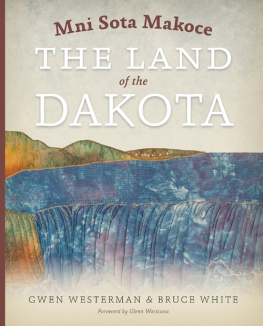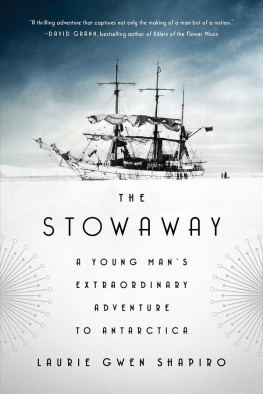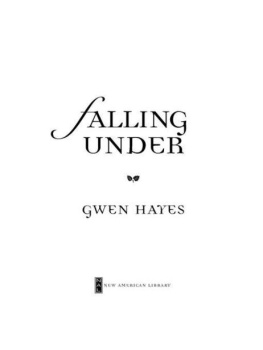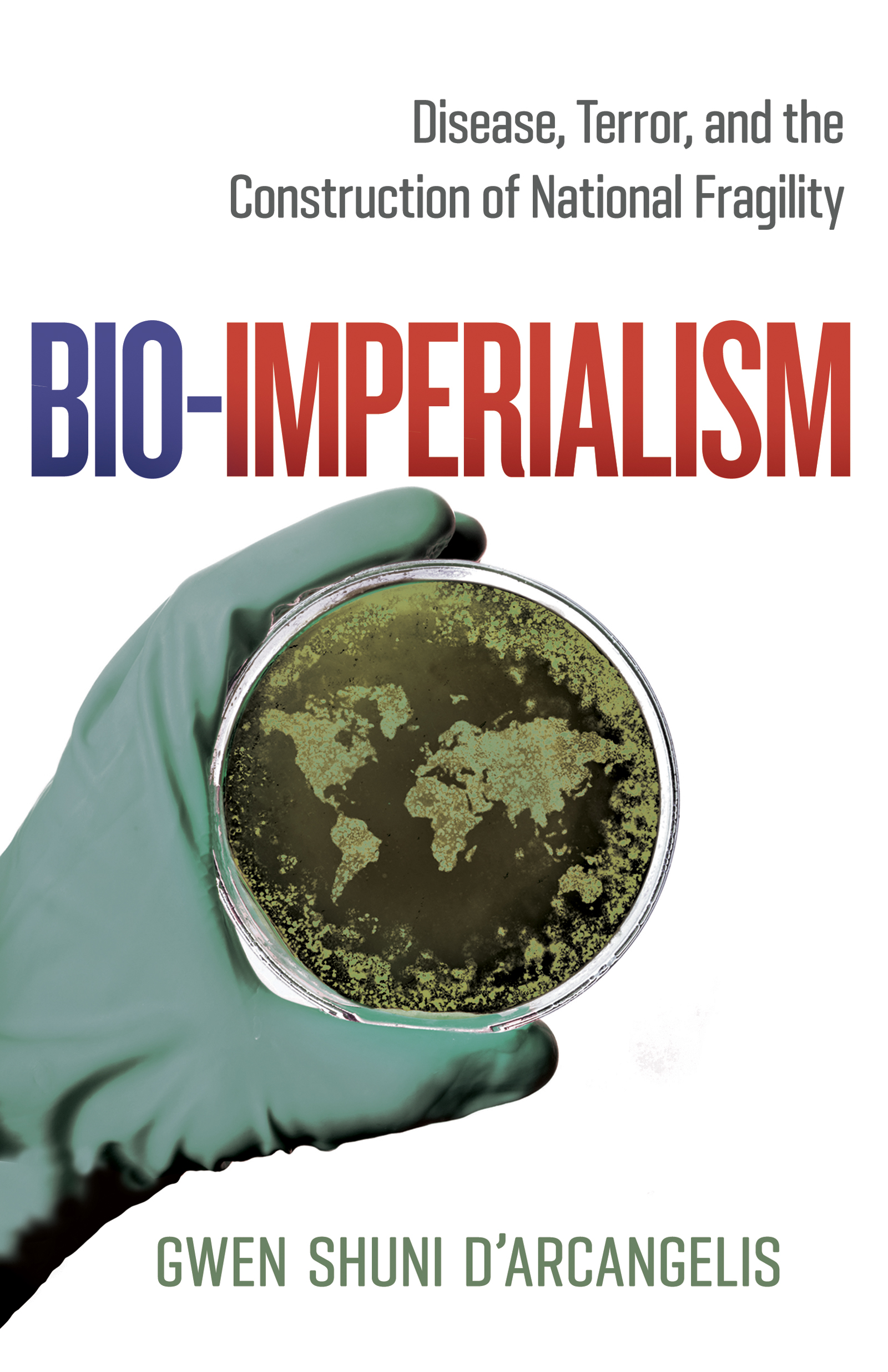Contents
Guide
Pagebreaks of the print version
Bio-Imperialism
Bio-Imperialism

Disease, Terror, and the Construction of National Fragility
GWEN SHUNI DARCANGELIS

Rutgers University Press
New Brunswick, Camden, and Newark, New Jersey, and London
Library of Congress Cataloging-in-Publication Data
Names: DArcangelis, Gwen Shuni, author.
Title: Bio-imperialism : disease, terror, and the construction of national fragility / Gwen Shuni DArcangelis.
Description: New Brunswick : Rutgers University Press, [2020] | Includes bibliographical references and index.
Identifiers: LCCN 2020009740 | ISBN 9781978814783 (paperback) | ISBN 9781978814790 (hardcover) | ISBN 9781978814806 (mobi) | ISBN 9781978814813 (pdf) | ISBN 9781978815162 (epub)
Subjects: LCSH: BioterrorismUnited States. | National securityUnited States. | Biological warfareUnited States. | RacismPolitical aspectsUnited States. | United StatesForeign relations.
Classification: LCC HV6433.35 .D38 2020 | DDC 363.325/30973dc23
LC record available at https:// lccn .loc .gov /2020009740
A British Cataloging-in-Publication record for this book is available from the British Library.
Copyright 2021 by Gwen Shuni DArcangelis
All rights reserved
No part of this book may be reproduced or utilized in any form or by any means, electronic or mechanical, or by any information storage and retrieval system, without written permission from the publisher. Please contact Rutgers University Press, 106 Somerset Street, New Brunswick, NJ 08901. The only exception to this prohibition is fair use as defined by U.S. copyright law.
 The paper used in this publication meets the requirements of the American National Standard for Information SciencesPermanence of Paper for Printed Library Materials, ANSI Z39.48-1992.
The paper used in this publication meets the requirements of the American National Standard for Information SciencesPermanence of Paper for Printed Library Materials, ANSI Z39.48-1992.
www .rutgersuniversitypress .org
Manufactured in the United States of America
For my Mom, Waipo, and Waigong
Contents
Bio-Imperialism
Not more than a month after the events of September 11, 2001, letters laced with deadly anthrax spores arrived at the offices of several news media outlets and two U.S. senators, causing five deaths and seventeen injuries. The anthrax attacks swiftly shifted into position as a central node of the burgeoning war on terror, elevating its focus on bioterrorism, that is, the intentional spread of disease via germ or biological weapons. The FBI launched a massive, broad-scale investigation to find the perpetrator, enlisting advisers from science, national security, and policy and scholarly bodies, and even investigative journalists.
Early speculation reflected dominant national security discourse: the perpetrator was thought to be Al Qaeda or Iraqthe usual suspects of the post-9 / 11 eraor possibly Russia, a remnant of earlier Cold War era antagonism. Former vice president Dick Cheney conjectured that Al Qaeda actually used to train people in how to deploy and use these kinds of substances [biological and chemical weapons] (The Anthrax Source 2001). Weapons inspector Dick Spertzel was quoted in a Wall Street Journalarticle, The Anthrax War, suggesting that there are people in Iraq who know how to do it ( Wall Street Journal2001b). There was little evidence for these theories.
It took the FBI only a few months to determine that the anthrax used was the potent Ames strain, which derived from a U.S. government biodefense lab (USAMRIID).
The investigations findings were consistent with bioterrorisms historical pattern in the United States as a phenomenon carried out almost exclusively by domestic sources, specifically, white men. The lack of scrutiny of white male violence was consonant with dominant ideas about white masculinity as sources of authority and protection, ideas particularly entrenched during the war on terror (Shepherd 2006).















